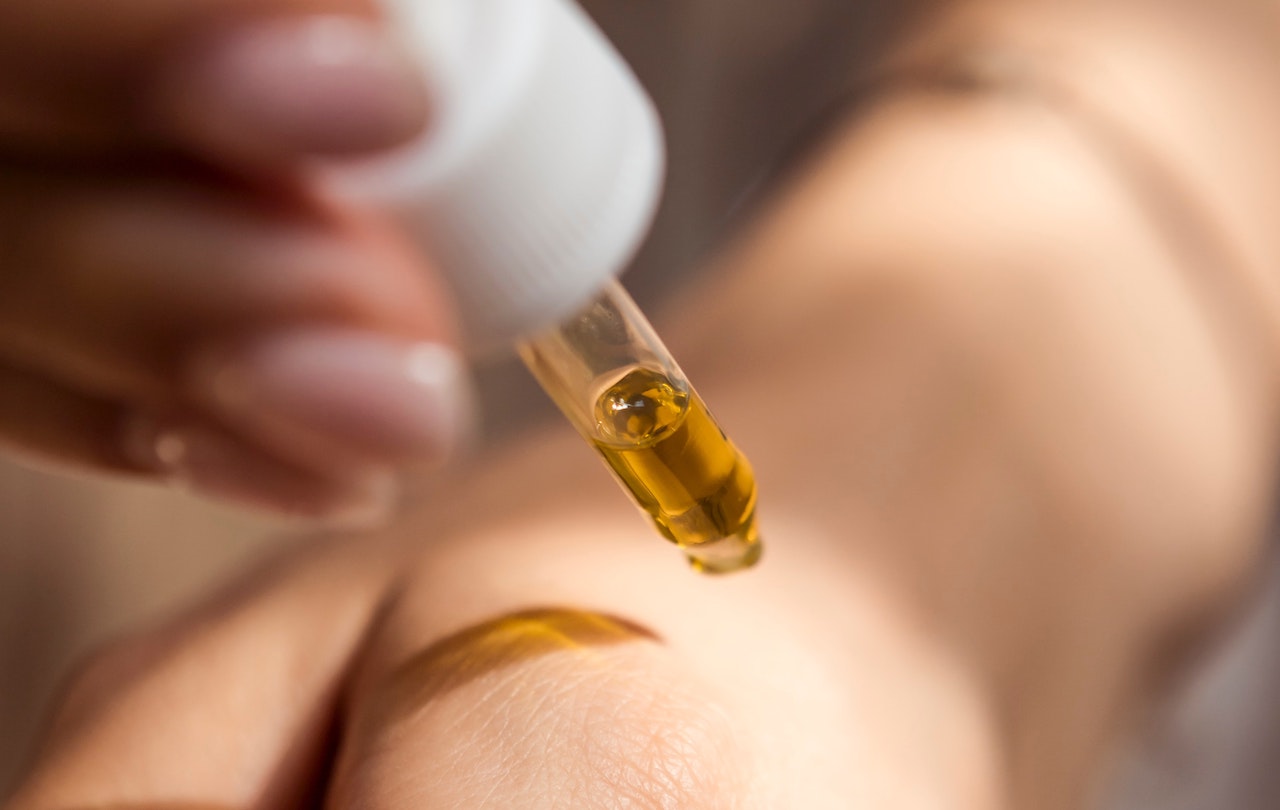Advantages of Using Hemp products for Health & Wellbeing

Hemp Seed Oil, on the other hand, is made by cold pressing the plant’s seeds, not its flowers or leaves. Because of this, hemp seed oil often has neither THC or CBD (cannabidiol), but it still offers a variety of health advantages and is widely available in stores, and online. Unlike Hemp products India, which is another term for both CBD Oil and Hemp Seed Oil, which should not be confused with.
What, then, is the distinction between CBD oil and hemp seed oil?
Hemp seed oil and CBD oil are both made from industrial hemp, which is a variety of the Cannabis sativa plant and is grown sustainably. Tetrahydrocannabinol (THC), the main psychoactive substance in cannabis that gives users a high, is present in hemp plants in amounts of less than 0.3%. CBD oil is made through an extraction process from the cannabis plant’s leaves and flowers, which have high concentrations of the compound known as CBD and are used for therapeutic and medical purposes but don’t make you high. Hemp Seed Oil, on the other hand, is made by cold pressing the plant’s seeds, not its flowers or leaves. Because of this, hemp seed oil often has neither THC nor CBD (cannabidiol), but it still offers a variety of health advantages and is widely available in stores, and online. Unlike Hemp Products India, which is another term for both CBD Oil and Hemp Seed Oil, which should not be confused with when you are buying hemp products online India
Health Advantages: Hemp seed oil has a high concentration of polyunsaturated fatty acids linoleic acid, alpha-linolenic acid, and gamma-linolenic acid, which are responsible for many of the health benefits. Furthermore, it has a 3:1 ratio of omega-3 to omega-6 (alpha-linolenic acid) fatty acids. This 3:1 fatty acid ratio is regarded by experts as the best for promoting human health.
Promotes Heart Health: Linoleic acid is abundant in hemp seed oil. According to studies, consuming a diet rich in linoleic acid lowers total cholesterol and low-density lipoprotein (LDL), or “bad” cholesterol, considerably. Your risk of high blood pressure, stroke, and heart disease are decreased by lowering your cholesterol levels.
Improve Skin: According to a dermatology study, ingesting hemp seed oil reduces the signs and symptoms of atopic dermatitis, better known as eczema. The fatty acids in hemp seed oil are responsible for these outcomes, according to researchers. Acne, psoriasis, and other skin disorders can all be successfully treated with hemp seed oil. The hemp seed oil also fortifies the skin and improves its resistance to illness.
Helps to reduce blood pressure: Hemp seed oil’s high concentration of omega-3 fatty acids can help hypertensive individuals decrease their blood pressure (high blood pressure). In order to lower blood pressure, research suggests using omega-3 fatty acid supplements in addition to blood pressure medication.
Pain Relief: Pain can be reduced thanks to hemp seed oil’s anti-inflammatory qualities. For all-natural pain treatment, you can immediately apply hemp seed oil to the sore location.
Reduced Inflammation: It has been demonstrated that the gamma-linoleic acid (GLA) in hemp seed oil reduces inflammation. According to a review of studies, natural herbs high in GLA are useful for treating the signs and symptoms of inflammatory diseases such as rheumatoid arthritis (RA), multiple sclerosis, and irritable bowel syndrome (IBS) (MS).
Contributes to a Healthy Pregnancy: Due to its rich omega-3 fatty acid content, the hemp seed oil is a healthy supplement for expectant mothers. Omega-3 fatty acids have been discovered to be essential during pregnancy. They encourage the baby’s healthy brain and eye development and could also lessen the mother’s depression.
Is there anything else I should know?
There are a few things you need to be aware of in terms of potential negative effects before you add hemp seeds to your diet.
First, eating hemp seeds can boost your consumption of polyunsaturated fats. Although this kind of fat may be beneficial to the body, it may also cause mild diarrhoea. By beginning out with small doses of hemp seed consumption, users may typically prevent these negative effects. Then, once your body adjusts, you might choose to progressively raise the dosage. The good news is that hemp seed ingestion often has minor adverse effects. These minor drawbacks should be more than outweighed by the tremendous health advantages that hemp seeds offer.




